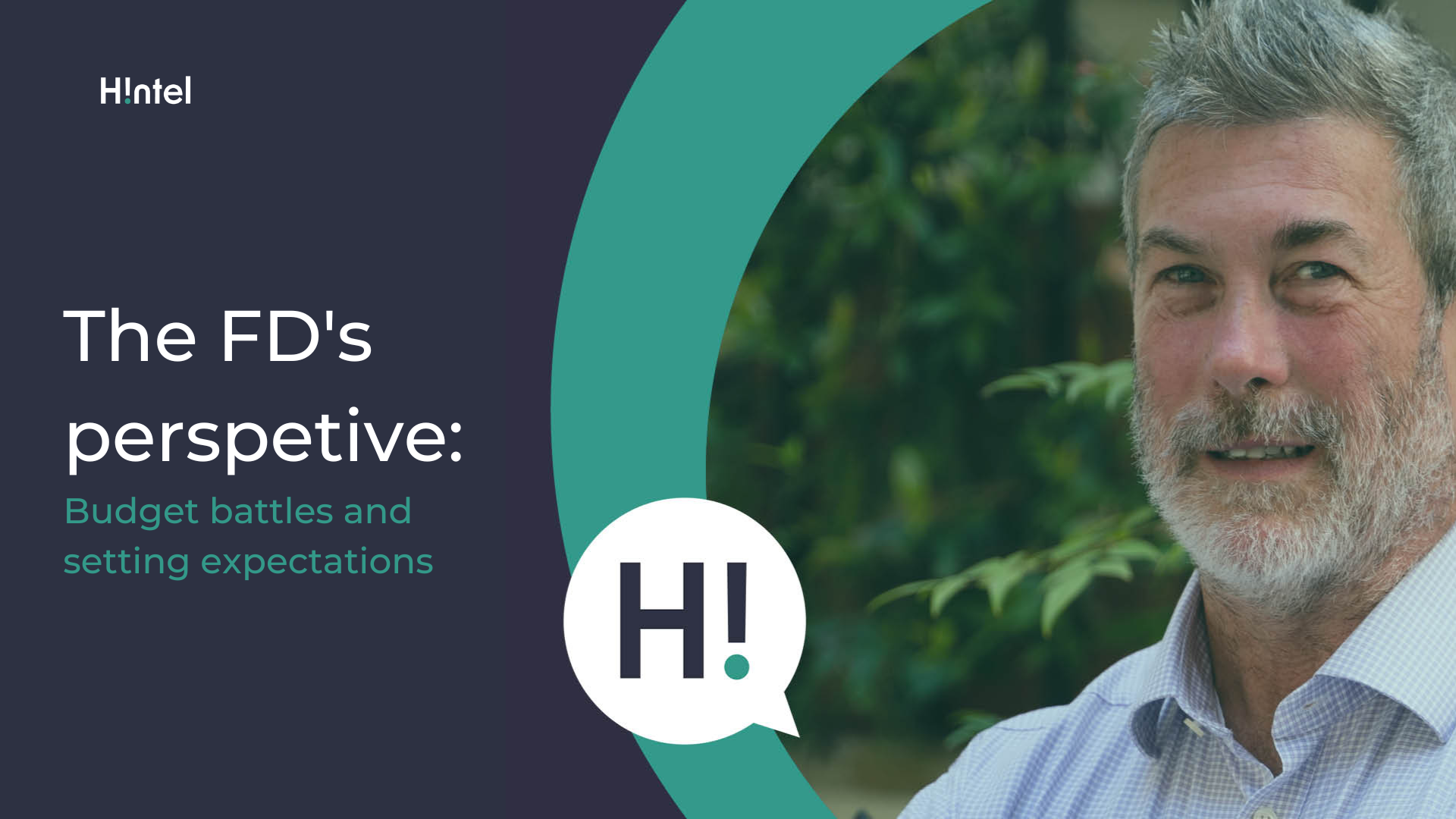We are back at work and already well into the new calendar year. For finance professionals, this also means that we enter the final quarter of the Financial Year and the start of the annual budget process for 2024.
The fun now starts for the Financial Director as we try to reach a number that everybody accepts and buys into. Personally, I have found the whole effort around the budget preparation is always a massive distraction with minimal business benefit as the numbers are driven by performance against top line revenue. For example, if the actual top line is weak then the cost base in the budget will simply not work.
How to start a budget process for your business
The budget process starts with the finance team but is a business document underpinning the strategy for the following year. It is very difficult to budget for revenue, therefore the budget is usually best seen as a way to identify the cost base needed to deliver the assumed revenue.
‘Top-down’ or ‘bottom-up’ are the two traditional methods of running the budget process and both have advantages and disadvantages.
Whichever route you take, the process consumes a lot of expensive and scarce company time and resources. Everybody has a vested interest in the budget, especially if it’s linked to bonuses!
It usually involves multiple battles among all the invested parties trying to either talk the number down or the number up.
Managers will always think the budget is too high and directors that it is too low!
In reality, the point that is often lost is that the only thing that matters is the actual performance of the company, year on year, quarter on quarter, and against the competitors. The role of the Finance Director is to mediate and navigate to a first draft that is meaningful and can be discussed with the decision-makers, which largely has the buy-in of the senior managers.
Strategising the financial budget for the year ahead
The budget must be based on data and clear assumptions and a “bridge” document built to explain the movement from the prior year to the current year for both expenses and revenue. In our case, the key profit ratios for operating expenses (OpEx) are then benchmarked against industry metrics for companies of our size as a % of NFI and a measure of how efficiently the company is being run against Industry norms.
The final piece of the puzzle is seasonality, usually solved by using prior year’s data and pushing growth to the end of the year in the classic hockey stick profile!
A well run board will clearly have an expectation of an expected result and the FD should now work with the Board to explain the budget and give recommendations to agree on a final number supported by a cashflow and balance sheet budget. The whole process should take no more than 6 to 8 weeks in a medium-sized enterprise to avoid becoming a massive distraction.
Why business forecasting is important
Last year if anybody managed to get close to budget, I would congratulate them given that we had several prime ministers, economic turmoil, war, global events, and the knock-on effect of rising energy prices and inflation. Nobody could have predicted this so forward-looking forecasting becomes a more useful financial tool than budget analysis most of the time.
If you’d like to speak with one of Hintel’s experts to learn more about the importance of processes, you can say h! to Paul via Whatsapp: +44 (0)20 4525 0978





